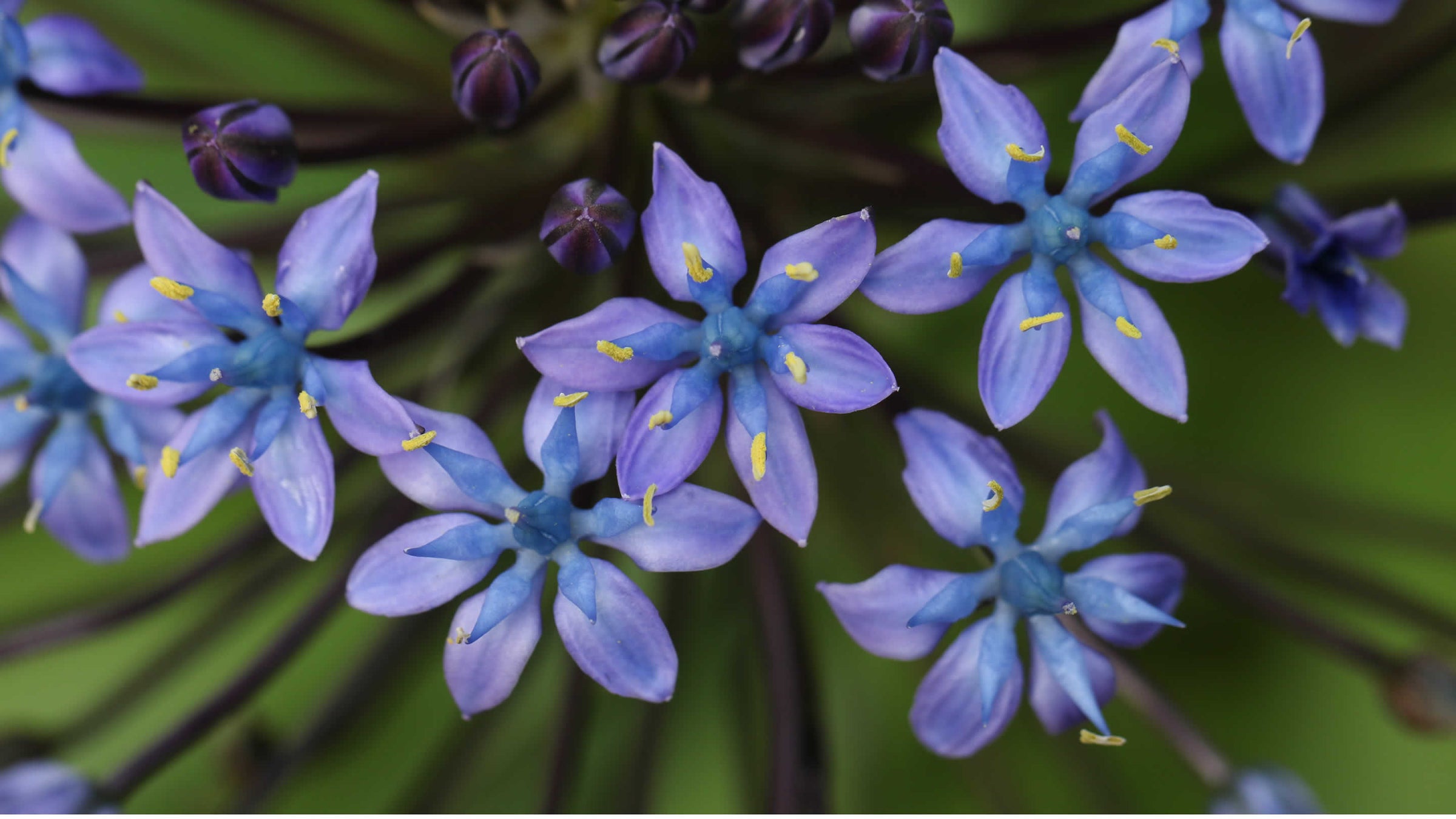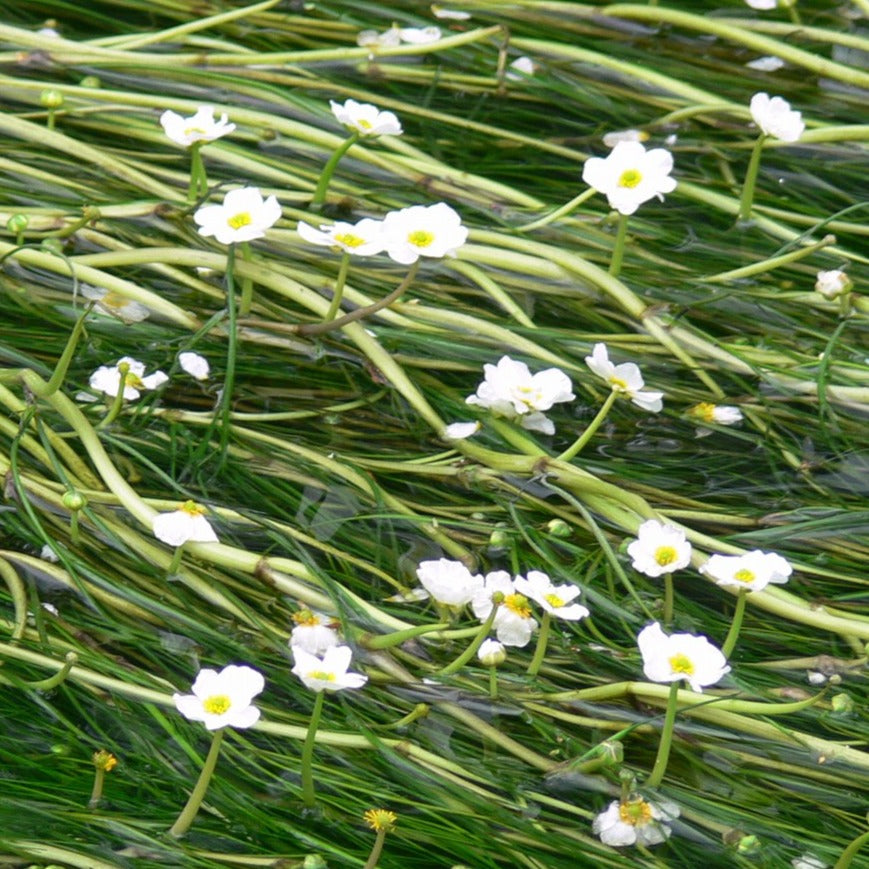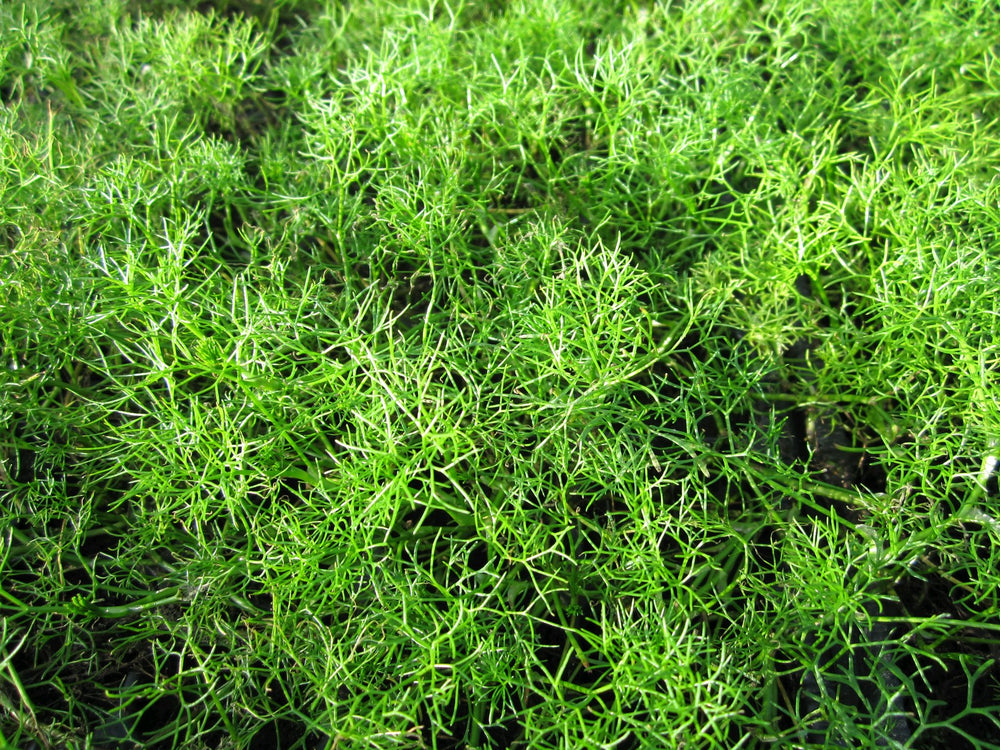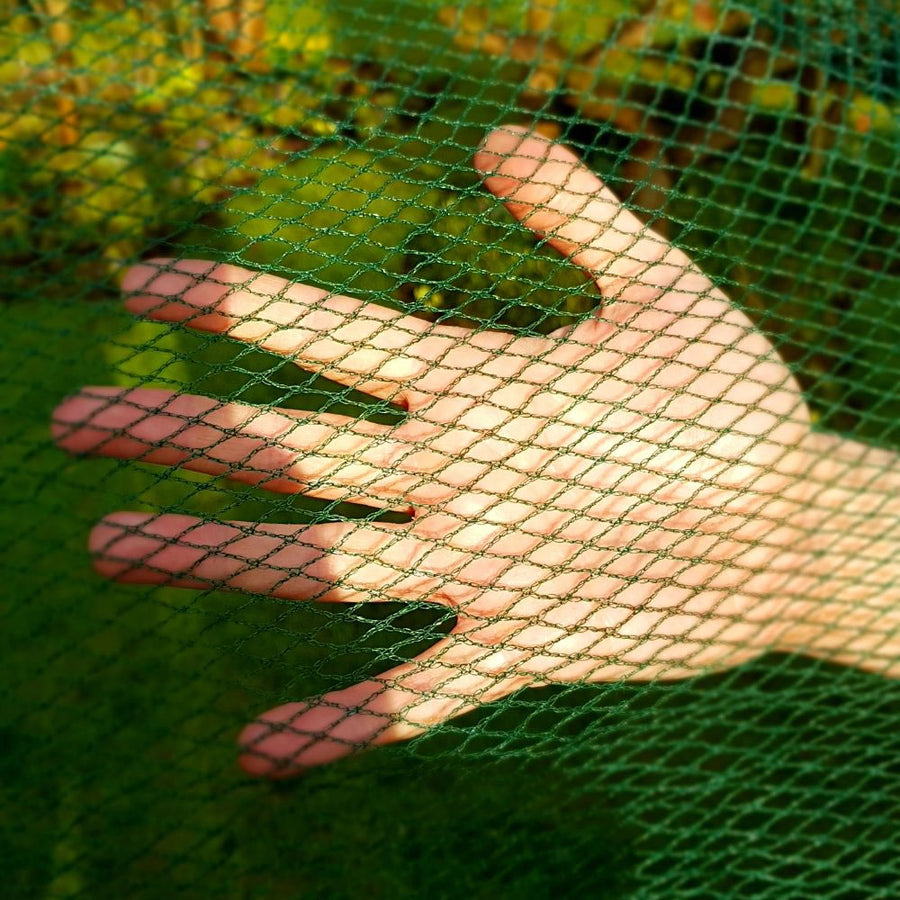
Scilla (Squils)
Squil’s vibrant blooms (February - April) are a lifeline for early pollinators, including queen bumblebees (Bombus terrestris) and mining bees (Andrena spp.), providing crucial nectar when few other flowers are available. Scilia supports the Scilla moth (Eupithecia spp.), with the UK-naturalized S. siberica (Siberian squill) thriving in woodlands and lawns, offering shelter for ground beetles and spiders. Plant in drifts under deciduous trees or in rockeries alongside native Galanthus (snowdrops) to create early pollinator corridors. Their hardiness and prolific flowering make them indispensable for sustaining biodiversity in late winter and early spring.























